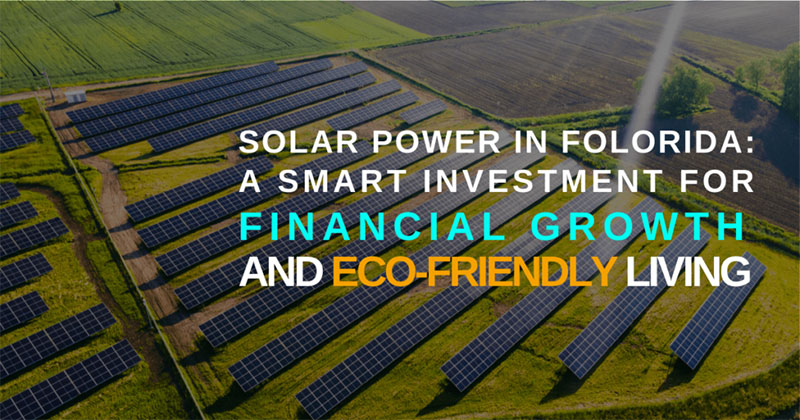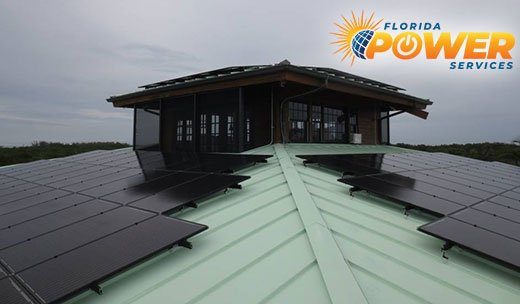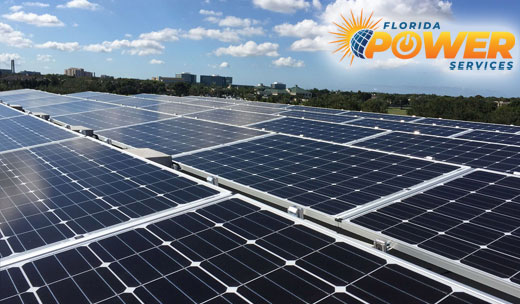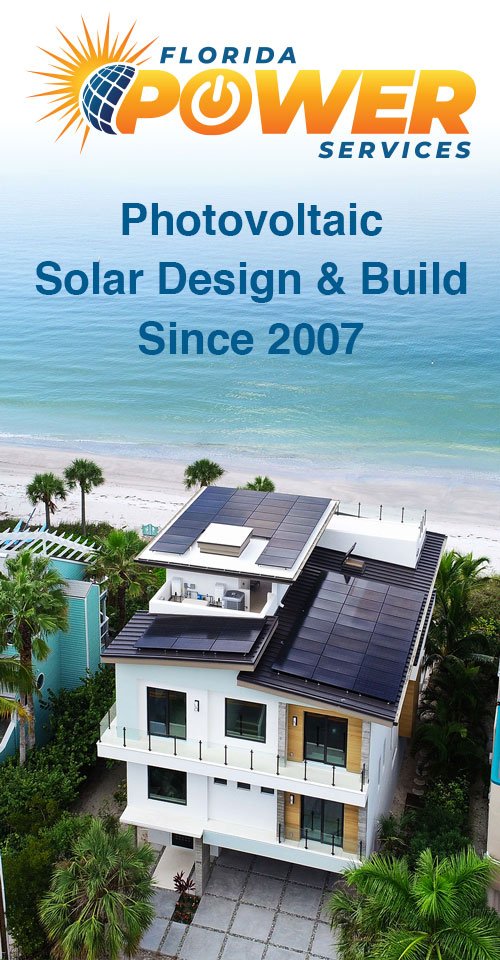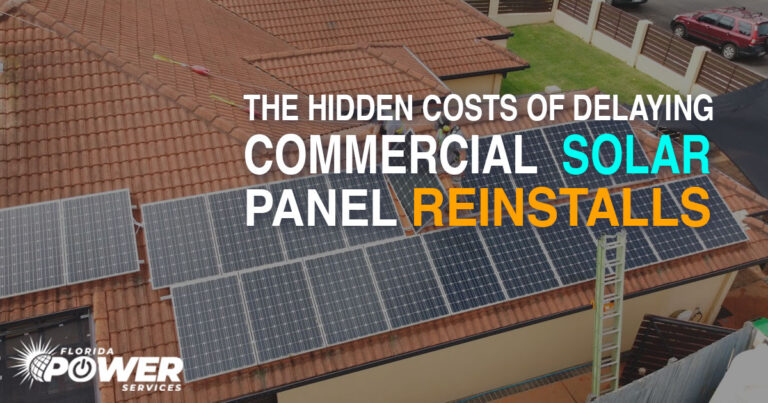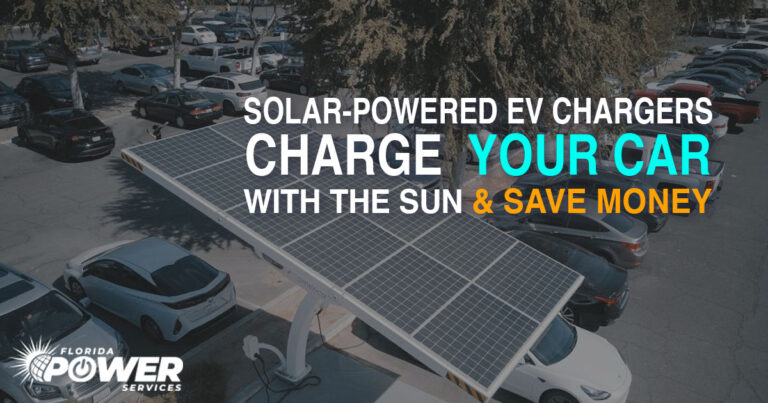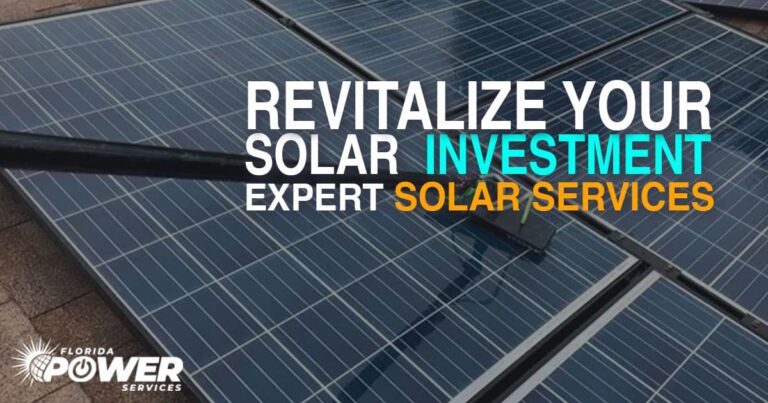In an era where financial growth and eco-friendly living consciousness are paramount, residential solar emerges as a game-changer, especially in Florida and its surrounding areas. The incentives and benefits associated with solar power not only rival but often surpass traditional investment avenues like CDs, money market accounts, and stocks. Let’s delve into why investing in residential solar in 2024 is a smart move for homeowners in Florida and nearby regions.
Federal Tax Credit (FTC)
The Federal Tax Credit offers a substantial incentive for homeowners looking to invest in solar energy. With a generous 30% tax credit, Florida homeowners can significantly reduce upfront costs, making solar installations more affordable and accelerating return on investment (ROI). [Source](https://www.energy.gov/savings/residential-renewable-energy-tax-credit)
Domestic Content Adder (DCA)
The Domestic Content Adder provides an additional 10% incentive, encouraging the use of locally manufactured solar equipment. Not only does this support the domestic economy, but it also contributes to job creation and sustainable practices within the solar industry. [Source](https://www.seia.org/initiatives/domestic-content-requirements)
State-Level Advantages
In addition to federal incentives, Florida offers its own set of benefits to promote residential solar adoption. These can include sales tax exemptions, property value boosts, and other financial incentives tailored to the state’s unique requirements. Florida’s progressive policies exemplify how states are incentivizing homeowners to embrace solar energy. [Source](https://www.seia.org/initiatives/state-solar-policy)
Calculating Your Solar Savings in Florida
For homeowners considering solar energy in Florida and surrounding areas, calculating potential savings is an essential step in the decision-making process. Here’s a step-by-step guide to help you estimate your solar savings:
1. Determine Your Current Energy Consumption:
Start by understanding your current energy usage. Review your utility bills to identify your average monthly kilowatt-hour (kWh) consumption.
2. Assess Your Roof’s Solar Potential:
Evaluate your roof’s solar potential by considering factors such as its size, orientation, and shading. Online tools like Google’s Project Sunroof can provide estimates of your roof’s solar suitability.
3. Estimate Solar System Size:
Based on your energy consumption and roof’s solar potential, estimate the size of the solar system you’ll need. Typically, a larger system will generate more electricity and result in greater savings.
4. Calculate Costs and Incentives:
Determine the upfront costs of installing a solar system, factoring in equipment, installation, and any additional expenses. Then, consider available incentives such as the Federal Tax Credit, Domestic Content Adder, and state-level benefits specific to Florida.
5. Estimate Energy Production:
Use online solar calculators or consult with solar installers familiar with Florida’s climate to estimate the annual energy production of your solar system. Consider factors like local weather patterns and system orientation.
6. Project Future Utility Savings:
Anticipate future utility savings by factoring in potential utility rate increases over time. While electricity prices may fluctuate, solar energy offers stability and protection against rising utility costs.
7. Calculate Return on Investment (ROI):
Determine the ROI of your solar investment by comparing the total savings over the system’s lifespan to the initial investment. A higher ROI indicates a more financially favorable investment.
8. Consider Financing Options:
Explore financing options such as solar loans, leases, or power purchase agreements (PPAs) specific to Florida to make solar more affordable. These options can help you spread out the cost of solar installation over time.
9. Consult with Solar Professionals:
Finally, consult with reputable solar installers or energy advisors familiar with Florida’s solar landscape to validate your calculations and gain insights tailored to your specific circumstances. They can provide customized recommendations and assist you in maximizing your solar savings potential.
By following these steps and conducting thorough research, homeowners in Florida and surrounding areas can make informed decisions about whether solar energy is a viable and beneficial investment for their property. While the initial calculations may require some effort, the long-term financial growth and eco-friendly living benefits of solar power make it a compelling option for many households in the Sunshine State.

